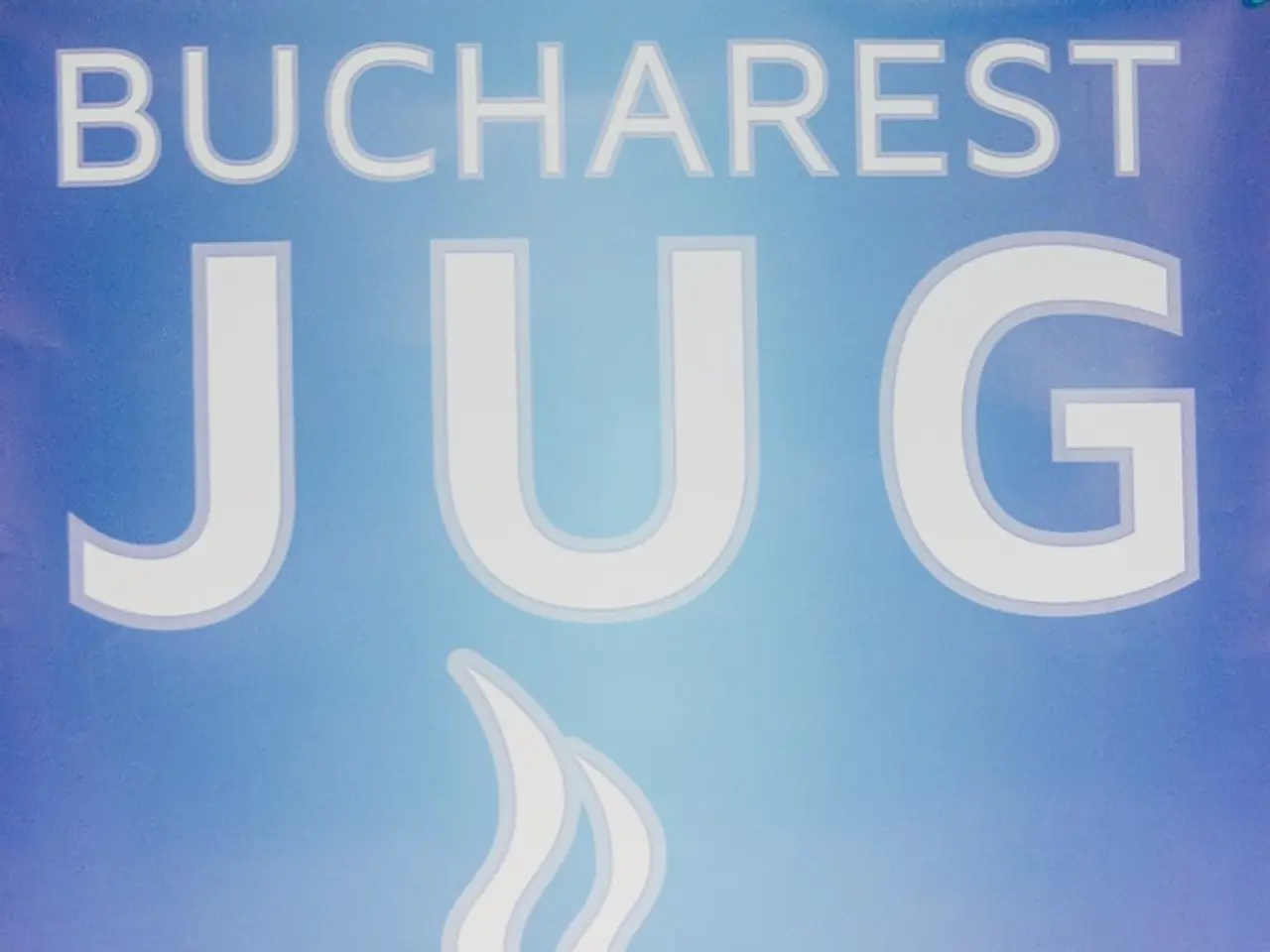Transformation from exclusive to inclusive: the spread of diverse options
The European asset management industry is undergoing a significant transformation, with private markets becoming more accessible to a broader range of investors. According to recent projections, global alternatives Assets Under Management (AuM) are expected to reach an impressive $27.6 trillion by 2028.
Institutional investors continue to dominate the alternatives segment, but retail investor participation is on the rise. To stay ahead, asset managers must embrace democratisation with strategic intent, collaborating with fintechs to improve digital platforms and financial services.
Regulatory frameworks have been critical in opening private markets to a wider investor base. The modernization and expansion of European Long-Term Investment Funds (ELTIF) regulations, known as "ELTIF 2.0," have enabled private market investments to reach retail investors. As a result, assets under management have grown substantially from €21 billion in 2024 and are expected to reach €65-70 billion by 2027.
On the technological front, advances like blockchain and tokenization are enabling new forms of liquidity and fractional ownership of private assets. Platforms leveraging these technologies facilitate secondary transactions in private shares, shortening transaction times and enabling the participation of smaller investors. Blockchain technology introduces transparency, security, and automation in private market transactions, lowering costs and operational barriers, which complements regulatory efforts to democratize access.
Product innovation, such as the rise of semi-liquid funds, is another driver of this transformation. These funds use AI and data management innovations to blend liquidity with private market exposure, making them suitable for a wider range of investors.
Changing investor behavior is also a significant factor. Retail and family office investors are increasingly demanding participation in private markets given their risk-return profiles amid volatile public markets. Traditional asset managers are responding by entering the private alternatives market, leveraging existing retail distribution networks and adopting innovative fund structures.
One example of this transformation is Blackstone's European Private Credit Fund, which introduces a retail-focused alternative product. Another is the rise of semi-liquid structures like the Blackstone fund and private markets ETFs, offering a solution to improve retailisation in private markets by providing periodic redemptions and breaking down high-value investments into smaller, tradeable units.
Luxembourg has emerged as the go-to hub for ELtif registrations due to its streamlined framework and robust platform offering better flexibility. However, regulatory alignment across Europe remains a work in progress, necessitating asset managers to carefully choose their jurisdiction to fully leverage Eltifs.
In summary, democratization in European private markets is driven by regulatory easing that broadens investor eligibility and protects investors, combined with technological advancements in blockchain and tokenization that increase liquidity and transparency, all supported by product innovations and evolving investor demand across retail and institutional categories. This transformation is not just a trend, but a shift that will recalibrate the industry and cement the position of alternative investments within it.
- To cater to the growing demand from retail investors, asset managers are collaborating with technology companies, utilizing innovations like blockchain and tokenization to democratize private market investments and facilitate improved liquidity and fractional ownership.
- Asset management companies are adopting product innovations such as semi-liquid funds, which employ artificial intelligence and data management techniques to offer a blend of liquidity and private market exposure to a broader range of investors.
- Regulatory frameworks, such as the modernization and expansion of European Long-Term Investment Funds (ELTIF) regulations, have played a crucial role in the democratization of private markets, enabling retail investors to invest in these markets and contributing to substantial growth in assets under management.




